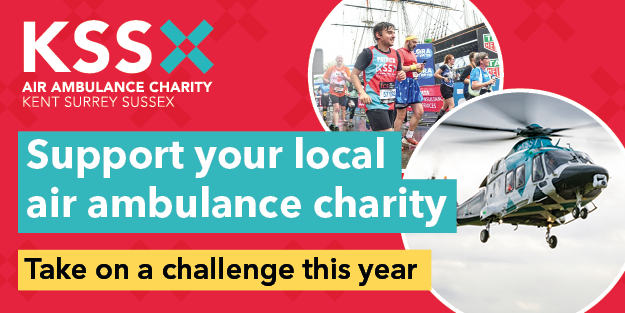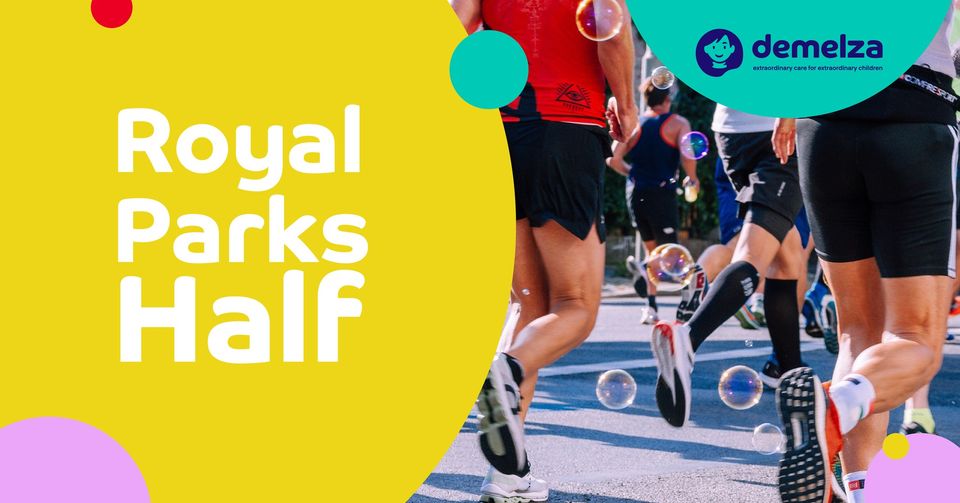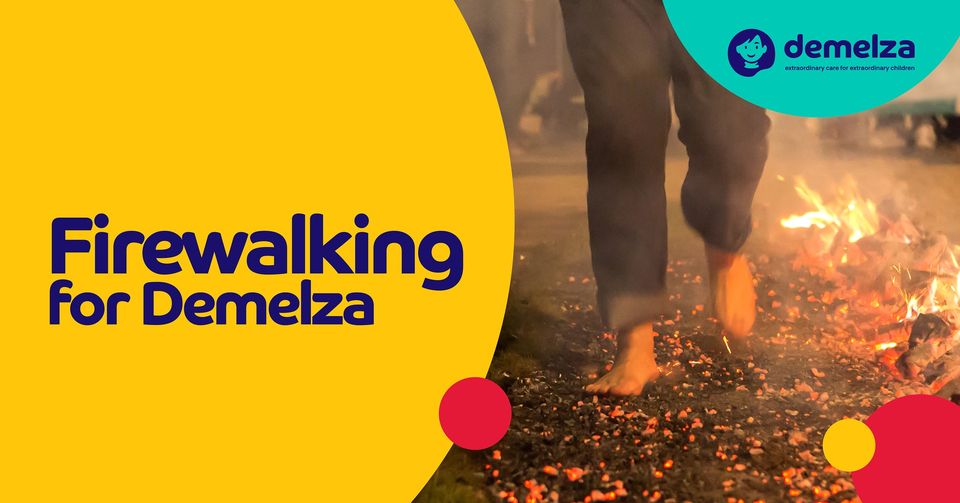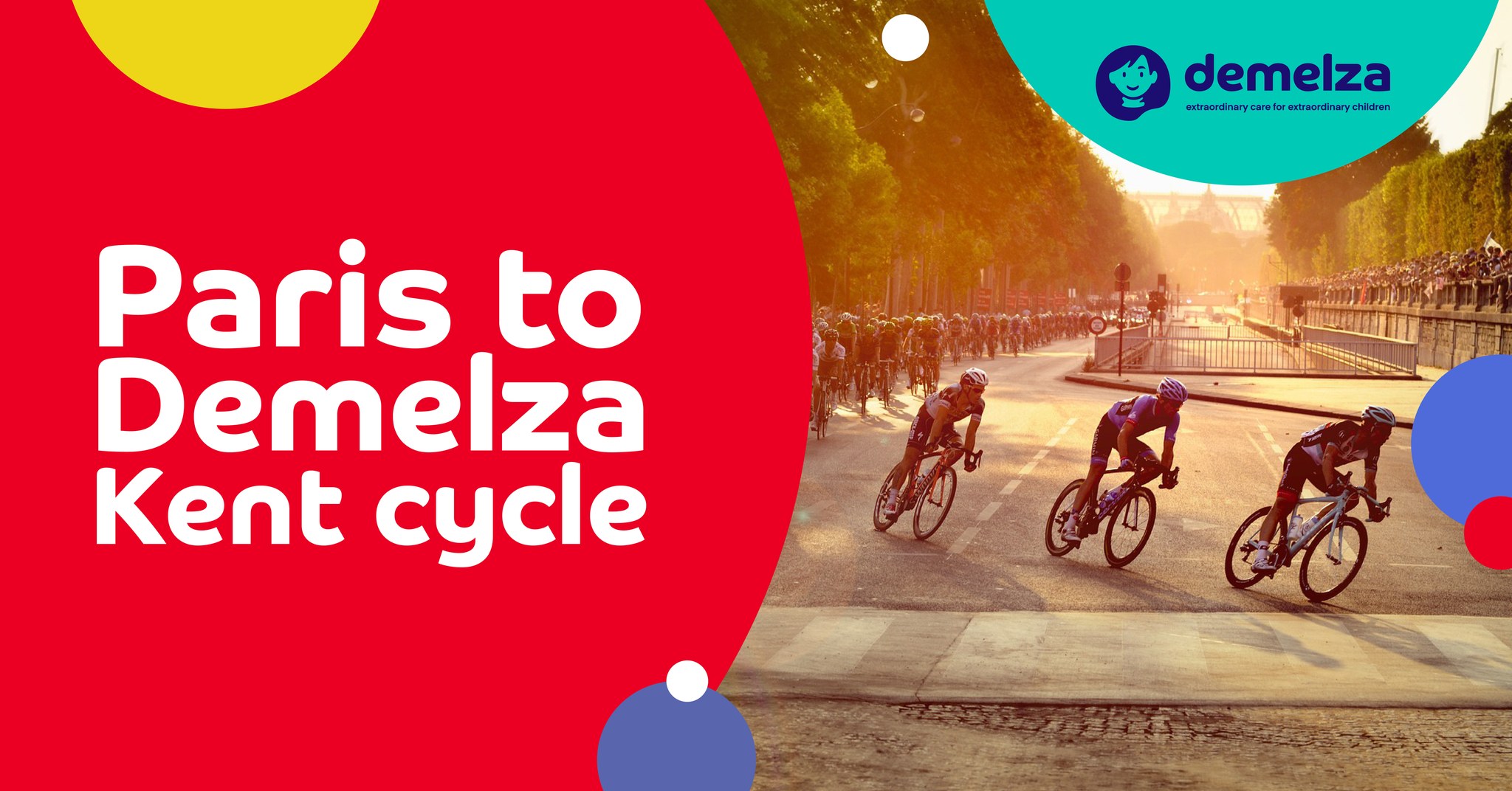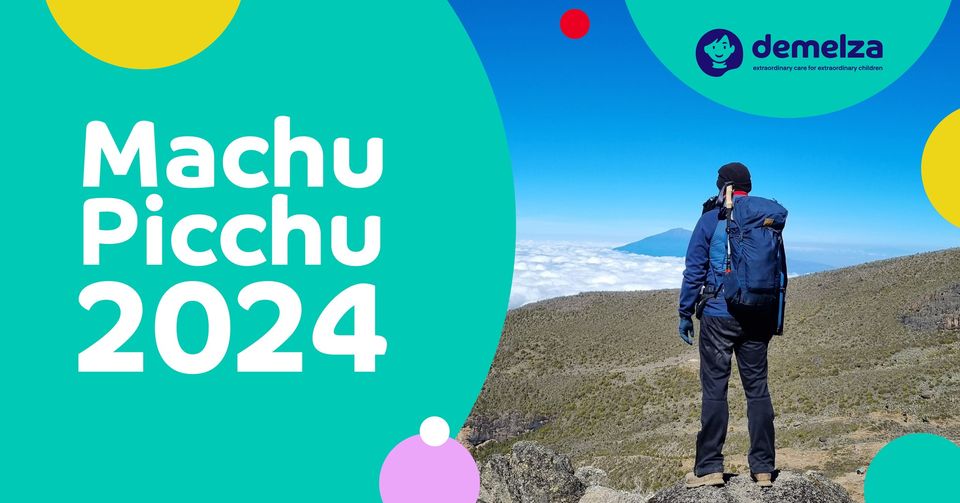Redefining sport one step at a time, starting with Callie-Ann Warrington.
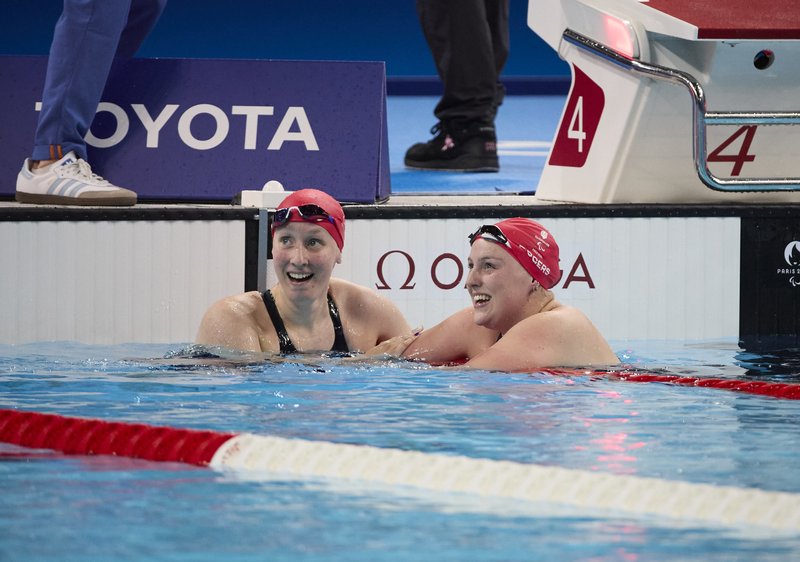
The Olympics is an event that we all sit down to watch. Children aspiring to be athletes; grandparents filling the spare time retirement brings. Sofa seats are filled, and people everywhere admire stars on the screen. But do we value the Paralympics in the same way?
As a society, our minds naturally wonder to the idea of a sprint or Sunday football game at the mention of sport. This may satisfy us as individuals, but parasports pass unnoticed.
The awareness of the Paralympics is small- to put it simply.
I see this issue in my own life. Every year my grandma invites me over to watch the Olympics. She excitedly recites the results of the swimming with bright eyes.
I never hear her talk about the Paralympics. She doesn’t stay up to watch the Para swimming.
This isn’t an attempt to discriminate. The Paralympics weren’t around when she was a child. It was 1960 when the event first took place- she was nine years old. At this age, your parents determine your lifestyle. Parents who have lived through many Olympics and are set in their routine.
This cycle continues into today, preventing children from valuing the Paralympics.
Callie-Ann Warrington, Kent’s silver medalist, feels that “People don’t see [Paralympians] as elite athletes, like they do Olympians, which is heart breaking.”
This opinion is weaved into our surroundings. Callie-Ann said that, “facilities wise, there hasn’t been much growth. But… opportunities for disabled people in sports has grown. More clubs in the county have started to become inclusive and it’s amazing to see.”
This amazement is surely limited though. It is difficult to understand how such opportunities can be pursued when resources aren’t keeping up with change, and perhaps they can’ be.
Callie-Ann is “campaigning for Folkestone Sport Centre to reopen and also for Kent to open a 50m pool”, with the aim of making a difference.
But I doubt the chance to improve when simple differences such as “Olympians [having] more options of kit” can’t be overcome.
Callie-Ann’s medal “means everything to [her]. It’s… something to show for [her] hard work over many years. It was also brilliant to make [her] mum and dad proud and it is a massive thank you for their dedication.”
It can’t be doubted that Olympians have the same response to earning a medal. Whether gold, silver or bronze, the metal brings pride and joy. This equal effect of reaching the podium brings the games together in parity.
A hope to “inspire the younger generation whether that be disabled children or able-bodied children and… get more disabled children and adults involved in sports to build a bigger and stronger Paralympics GB team in the future.”
A hope that shouldn’t be necessary.
We are all responsible for limiting the Paralympics exposure and impact. A change in mindset would certainly lead to more involvement from disabled children. Everyone can help to grow the industry- you can start by just watching the Paralympics.
Callie-Ann’s final advice: “Just keep pushing towards your dreams. You will have setbacks, both mental and physical, but you are strong enough to get through it.”
These few words and electrifying. Callie-Ann Warrington achieved her dream despite the barriers society put in place, and now goes on to encourage others.
And together, we can all thrive under sport. We can redefine sport to boost inclusivity because everyone should have access to activities, and everyone should be allowed to contribute to the legacy of sport in our world.

